The Four Mysteries of Pelosi’s Troublesome Taiwan Trip
Niall Ferguson
“Taiwan will be next. You won’t have any computer chips. They’ll blow them off the face of the earth.”
Well, who said that? My question, dear readers, is part of the mystery of the Taiwan Strait. And who better to unlock that mystery than Speaker of the House Nancy Pelosi, whose summer trip to Asia may well include a stop in Taiwan? Indeed, she could
already be on her way there as I write.
I just hope she has packed her SPF 50 sunscreen, as the Asian island is really warming up. When it came up during their call on Thursday, Chinese President Xi Jinping
warned President Joe Biden that “resolutely safeguarding China’s national sovereignty and territorial integrity is the firm will of the more than 1.4 billion Chinese people. … Those who play with fire will perish by it.” On second thoughts, better pack a Kevlar pantsuit.
Pelosi’s Taiwan trip would hardly be a surprise. In early April, Japanese media reported that she would go there after a trip to Japan. Right away, Chinese Foreign Minister Wang Yi
warned that a visit to Taiwan by such a high-ranking legislator would be a “malicious provocation.” However, Pelosi had to postpone the visit after she contracted Covid-19. Two weeks ago, the Financial Times
broke the story that she had rescheduled the trip for August.
“Pelosi would be likely to fly to Taipei on a U.S. military aircraft,”
reported the New York Times on Monday. “Some analysts looking at Chinese denunciations of the proposed visit say that China could send aircraft to ‘escort’ her plane and prevent it from landing.” A nervous Biden told reporters: “The military thinks it’s not a good idea right now.” That seems not to have changed Pelosi’s mind.
So here’s the first part of the mystery. Why did the Pentagon take three months to figure out that a trip by the House speaker to Taiwan was “not a good idea”? It’s not as if relations between the US and China took a turn for the worse only a week ago. Taiwan has been the key flashpoint of Cold War II — Berlin plus Cuba plus the Persian Gulf — since the Sino-American relationship decisively soured over four years ago.
As I argued
here in March last year, bringing Taiwan under the control of Beijing has been the consistent objective of the Chinese Communist Party for decades. Foreign Ministry spokesman Zhao Lijian is a noted exponent of the new
“wolf warrior” diplomacy. But there was nothing novel about his warning that Pelosi’s visit would pose a threat to Chinese sovereignty and territorial integrity and that China would have to respond with “strong and resolute measures.”
We have seen this movie several times before: in 1954-55, 1958 and 1995-96. The most recent case was the most similar to today’s. In June 1995, President Lee Teng-hui of Taiwan was granted a visa to deliver a speech at his alma mater, Cornell University, on “Taiwan’s Democratization Experience.”
President Bill Clinton was not looking for trouble with Beijing. He had campaigned against George H.W. Bush with a
pledge not to “coddle” the “tyrants” of Beijing, but his early threat to restrict trade with China in the absence of “overall, significant progress” on human rights had been a failure — despite the enthusiastic support of one Nancy Pelosi. The Clinton administration had denied Lee Teng-hui a visa once before. This time, Congress forced the issue, passing a resolution in favor Lee’s visit by 396 votes to 0.
As the speech was less than a year before the first free election in Taiwan’s history, many people expected Lee to use the occasion to declare the island’s formal independence. Lee’s position was deliberately vague, though most observers believed that he privately supported independence. (Years later, he surprised the Taiwanese public by stating that he did not.) His election opponent, however, favored unification with the mainland.
Beijing’s retaliation to the US decision to grant Lee a visa was both diplomatic and military. The Chinese ambassador to Washington was withdrawn and an American photojournalist in Beijing arrested. On July 21, the People’s Liberation Army began firing two missiles a day into an impact zone 100 miles north of Taiwan. Washington responded by ordering a series of naval operations in the Taiwan Strait, culminating in December with the transit through the strait by the aircraft carrier Nimitz battle group. (In response to Chinese protests, the Clinton administration explained the transit as a “
weather diversion.”)
As the Taiwanese election date of March 23, 1996, approached, Beijing announced new missile tests and naval exercises, including an amphibious landing on an island selected “because of the similarity of the topography there with that of Taiwan.” China fired M-9 ballistic missiles that landed not far from the Taiwanese ports of Keelung and Kaohsiung, and conducted live-fire exercises near the Taiwanese island of Penghu.
That the missiles were capable of carrying nuclear warheads was noted with deep disquiet in Washington. Two months earlier, according to a 1998 story by the
Washington Post, the deputy chief of China's general staff, General Xiong Guangkai, had told Chas W. Freeman Jr., a China expert who had served as assistant secretary of defense: “In the 1950s, you three times threatened nuclear strikes on China, and you could do that because we couldn’t hit back. Now we can. So you are not going to threaten us again because, in the end, you care a lot more about Los Angeles than Taipei.”
To their credit, the Clinton team did not blink. On March 7 — in a State Department dining room overlooking the Potomac River — Defense Secretary William J. Perry warned Liu Huaqiu, a senior Chinese national security official, that there would be “grave consequences” should Chinese weapons strike Taiwan. Secretary of State Warren Christopher and National Security Adviser Anthony Lake, who were also present, repeated those words.
On March 11 the Nimitz — redirected from the Persian Gulf — sailed through the Taiwan Strait again. “It was very tense,” a senior defense official told the Post. “We were up all night for weeks. We prepared the war plans, the options. It was horrible.” But it worked. Beijing backed down. Lee won the election and tensions receded.
This brings us to the second mystery of the Taiwan Strait: Why, when they already have their hands full with the Russian invasion of Ukraine, would Biden’s national security team want a repeat of that 1996 experience?
Part of the explanation must be, as I have argued
here before, that the Biden administration remains committed to being more hawkish on China than its predecessor. The pattern is consistent. In May, Secretary of State
Antony Blinken criticized “Beijing’s growing coercion — like trying to cut off Taiwan’s relations with countries around the world, and blocking it from participating in international organizations” and its “increasingly provocative rhetoric and activity, like flying PLA aircraft near Taiwan on an almost daily basis.”
In June, Defense Secretary
Lloyd J. Austin III warned China against “provocative and destabilizing” activity near Taiwan, following talks in Singapore with the Chinese defense minister, General Wei Fenghe. Speaking in Singapore, Austin
declared that the US would maintain its “capacity to resist any use of force or other forms of coercion that would jeopardize the security or the social or economic system of the people of Taiwan.” And the president himself has
indicated several times that he no longer favors a policy of “strategic ambiguity,” whereby the US simultaneously acknowledges that Taiwan is part of “one China” and commits to resisting a forcible subjugation of the island by Beijing.
They must know what’s coming. In September 2020, when President Donald Trump’s administration sent Keith Krach, the under secretary of state for economic growth, to Taipei, China’s military retaliated by overstepping the median line that bisects the Taiwan Strait. Last November, when a US House delegation visited Taiwan, the PLA deployed two dozen aircraft to enter Taiwan’s southwest air-defense identification zone.
If Pelosi’s trip goes ahead, we can expect more in this vein, but on a larger scale. In addition to flyovers, there could be maritime militia operations around Taiwan. Beijing could also test its latest ballistic missile, the DF-26 (the so-called Guam Killer, capable of reaching the US base on that Pacific island).
Presumably, the calculation in the White House remains, as in the 2020 election, that being tough on China is a vote-winner — or, to put it differently, that doing anything the Republicans can portray as “weak on China” is a vote-loser. Yet it is hard to believe that this calculation would hold if the result were a new international crisis, with all its potential economic consequences.
It is not 1996, in four fundamental respects. First, China’s leadership has a very different outlook. President Xi Jinping is hardly Jiang Zemin, the CCP general secretary during the earlier crisis. Xi harks back to a style of personality cult not seen since Mao Zedong’s time, and an ideological rigor very different from the economic pragmatism of post-1989 period.
Second, while Jiang had growing pains to contend with, today’s Chinese economy has acute slowing pains. Growth was negative in the second quarter. The International Monetary Fund
expects growth this year overall to be just 3.3% — and that strikes me as optimistic.
The demographic trends and debt dynamics are dire, presaging continued trouble in an over-leveraged real estate sector. On top of policies that have knocked the stuffing out of the country’s big technology companies and private education sector, Xi’s doctrine of
“dynamic zero Covid” has crushed consumer confidence. The latest reading points to the worst collapse since surveys began, back in those distant 1990s.
According to economists Hunter Chan and Ding Shuang of Standard Chartered Plc, there are some
signs of economic improvement in the most recent data. Car sales are up; so are real estate sales, while steel rebar inventories are down. But all this tells me is that the third quarter will be better than the second, mainly because the government cannot risk lockdowns as severe as those imposed on Shanghai earlier in the year. Covid restrictions persist. They’ve simply moved to Anhui, Lanzhou, Shenzhen, Xi’an, Wuhan and Wuxi, and are no longer being imposed in such a draconian fashion.
The latest data from China’s National Bureau of Statistics put youth (ages 16 to 24) unemployment at a shocking
19.3% in June. Small wonder “tang ping” — lying flat — has become this year’s catchphrase among young Chinese. It’s shorthand for checking out of the rat race. “Bai lan” — let it rot — is even more fatalistic.
The mystery of the Taiwan Strait deepens. Surely it is obvious to someone in Washington that such a severe economic crisis increases rather than reduces the incentive for conflict with the US. How ignorant of history do you have to be not to see Xi’s urgent need for a new source of legitimacy for the CCP, now that economic growth can no longer provide it?
The third difference between the Clinton era and the Biden era is the military balance. To be sure, as Nan Tian, Diego Lopes da Silva and Alexandra Marksteiner recently pointed out in
Foreign Affairs, “U.S. military expenditures have risen by approximately 40% over the past two decades.” But China has seen “27 uninterrupted years of increased military spending” since the last Taiwan Strait crisis, taking total military expenditures to $293 billion last year.
In 1996, the Chinese had no way of sinking American aircraft carriers. Today they have missiles that can do just that. In 1996 their nuclear saber-rattling was a bluff. Today it is not.









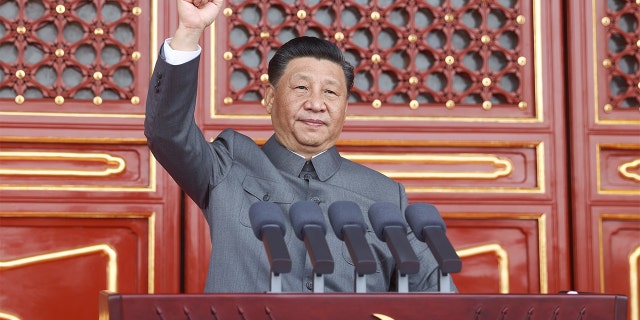
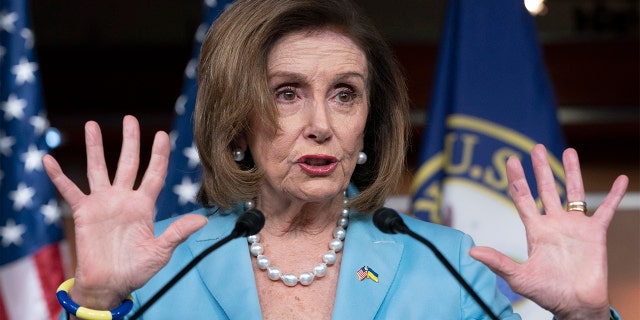
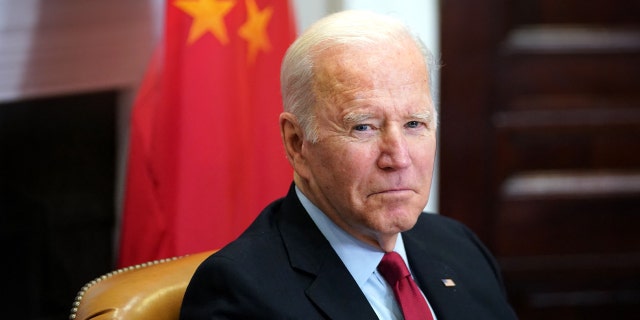
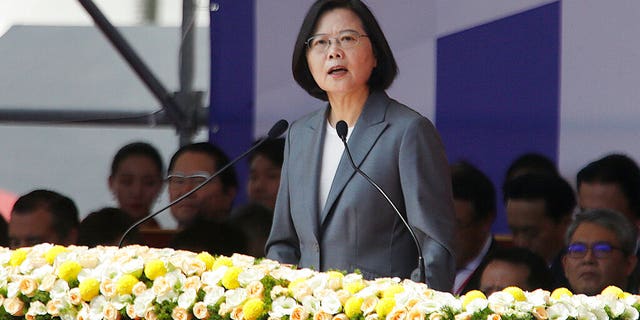
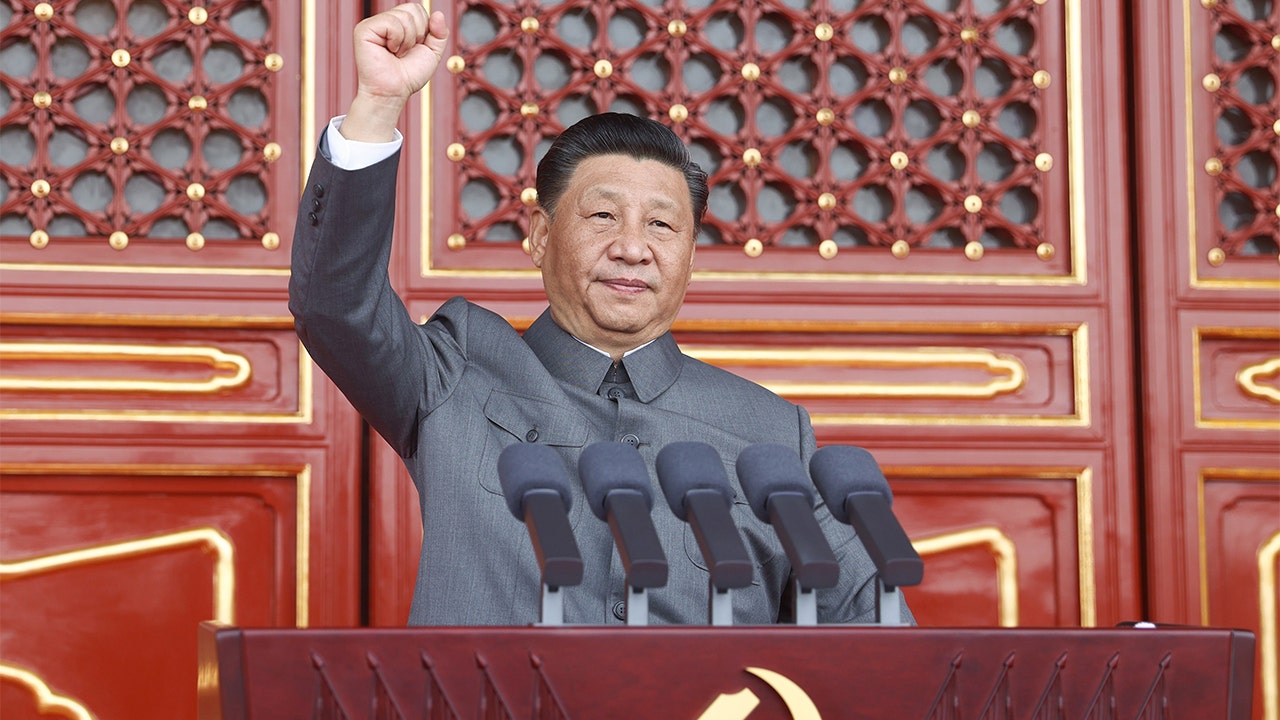
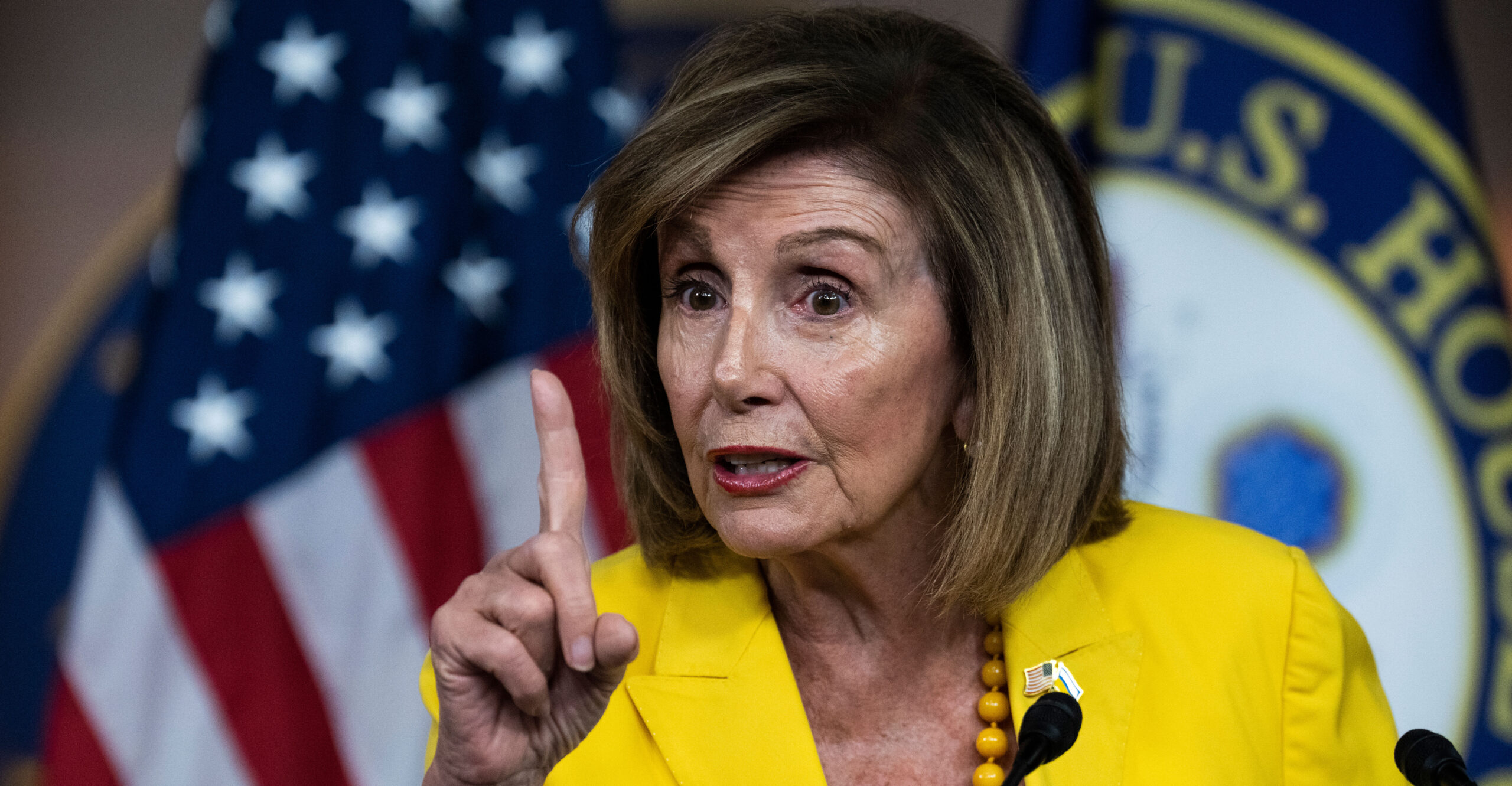
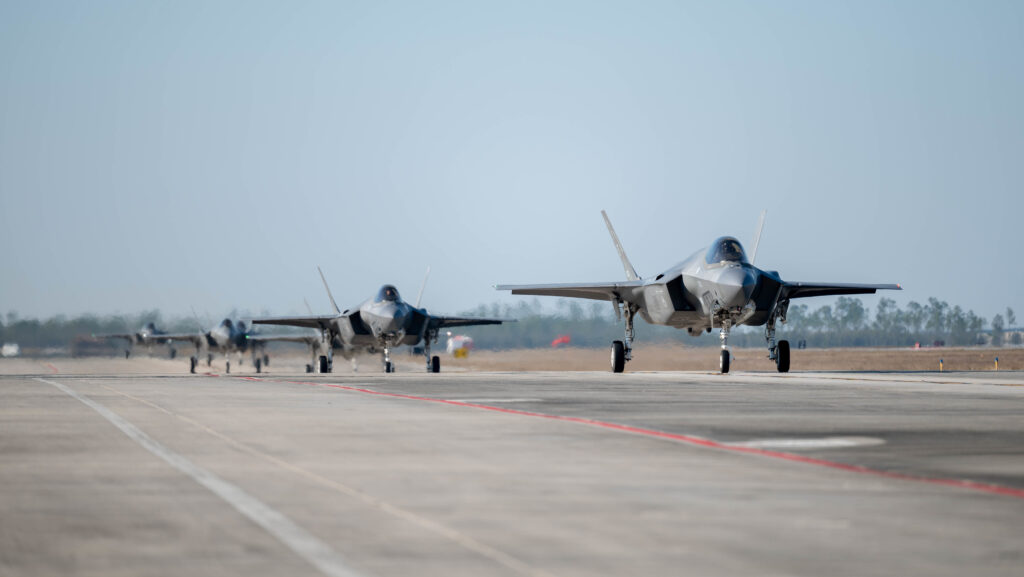
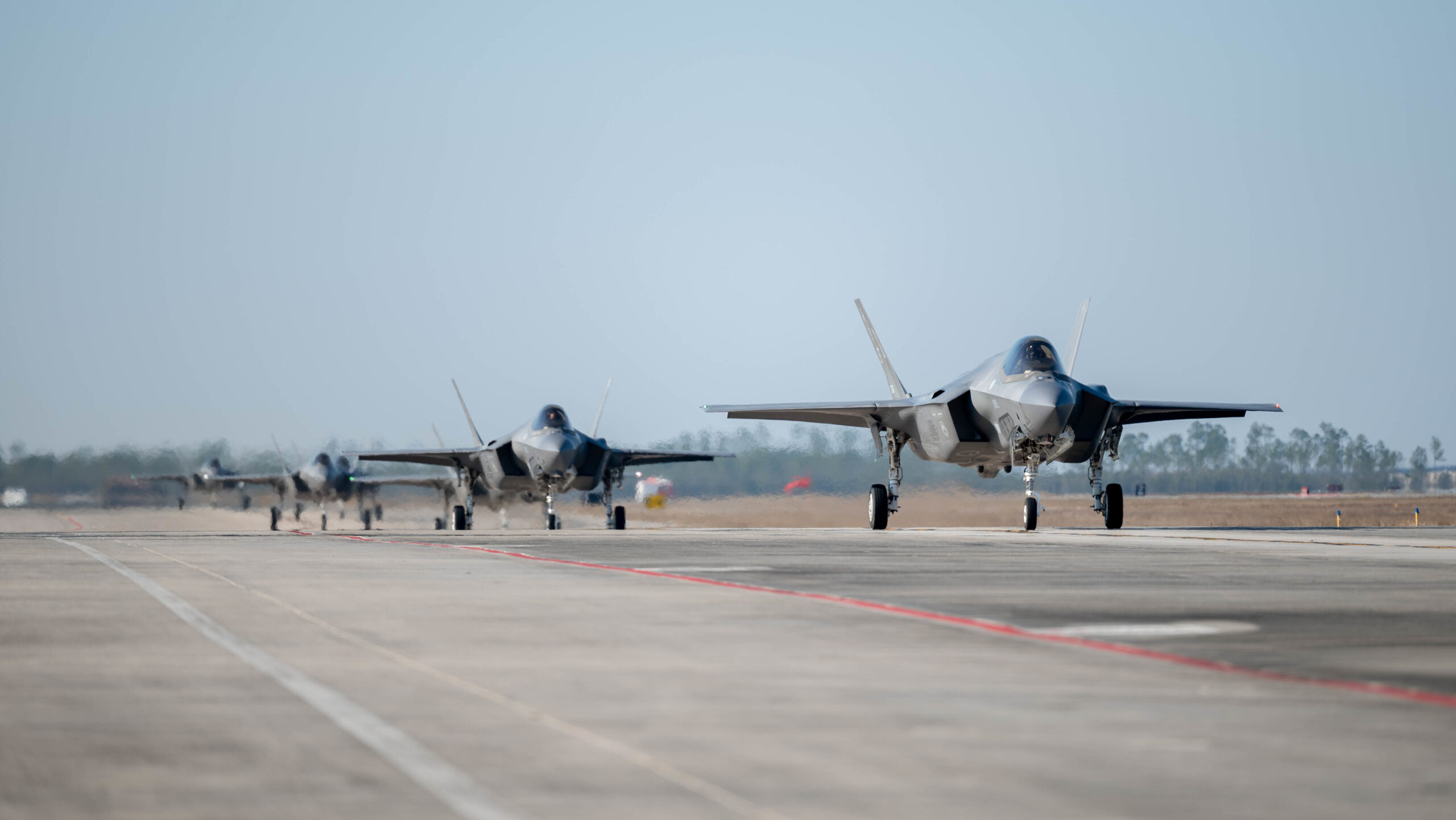

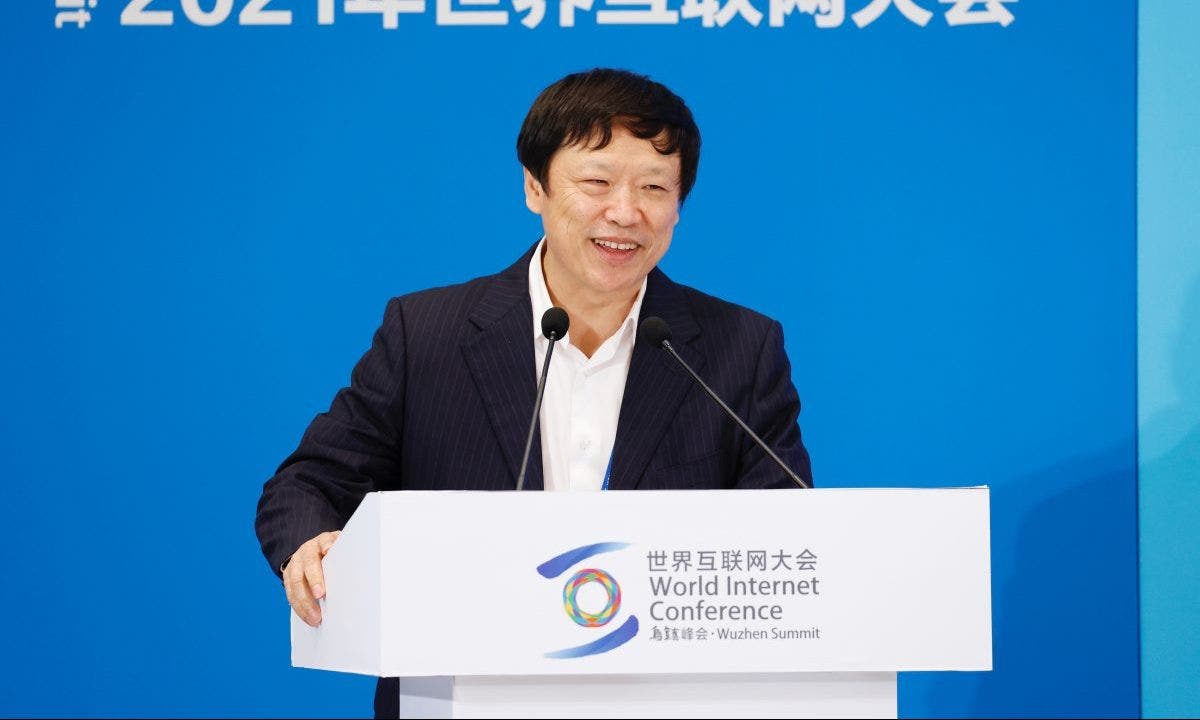
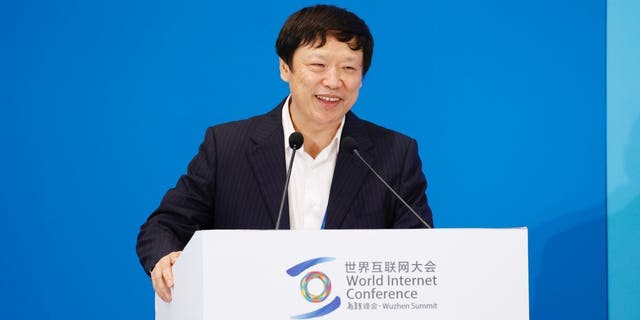



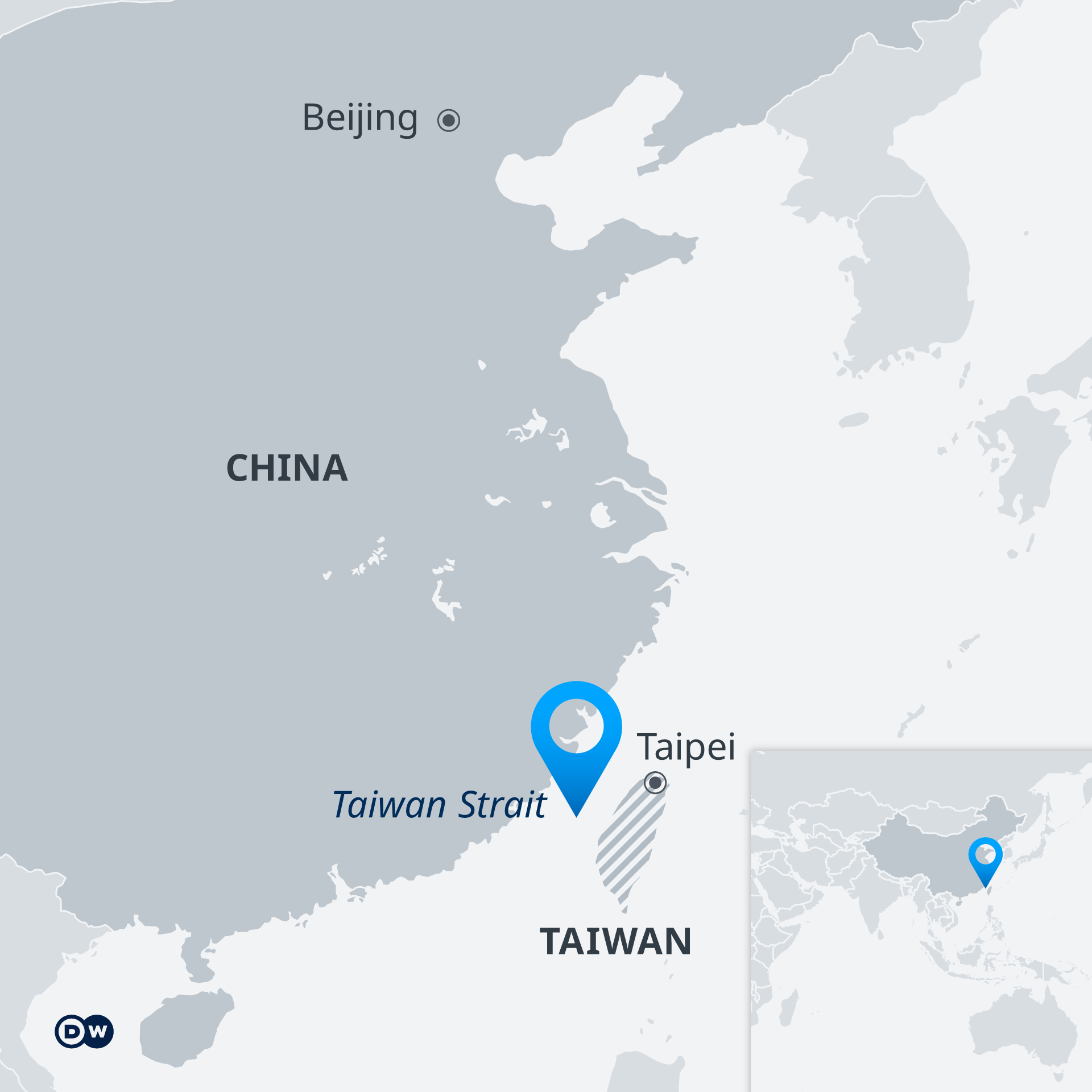


breakingdefense.com

